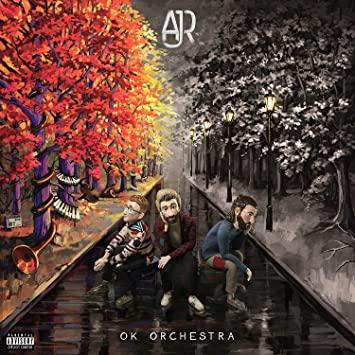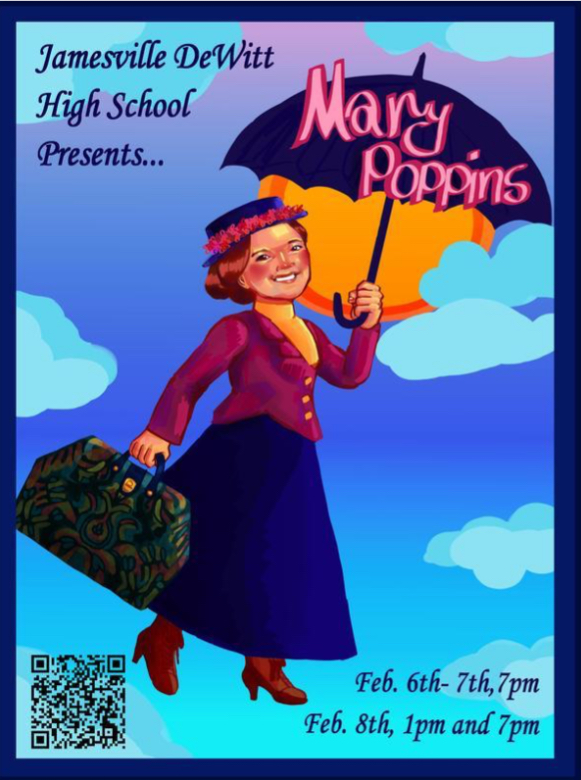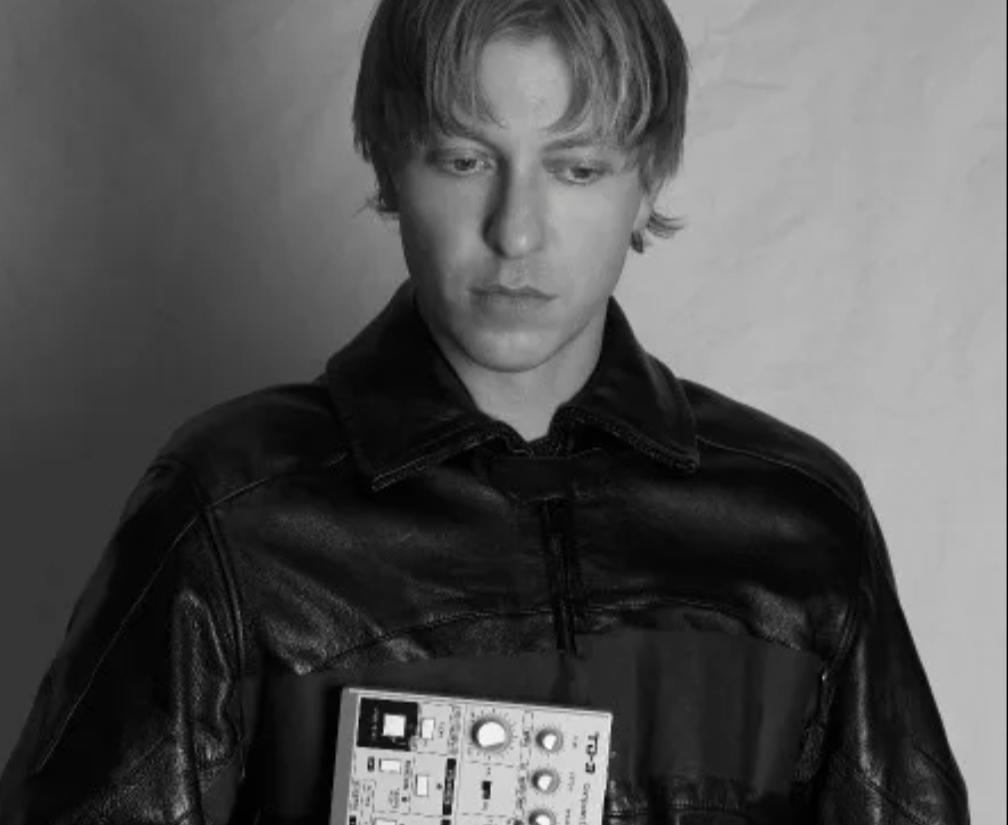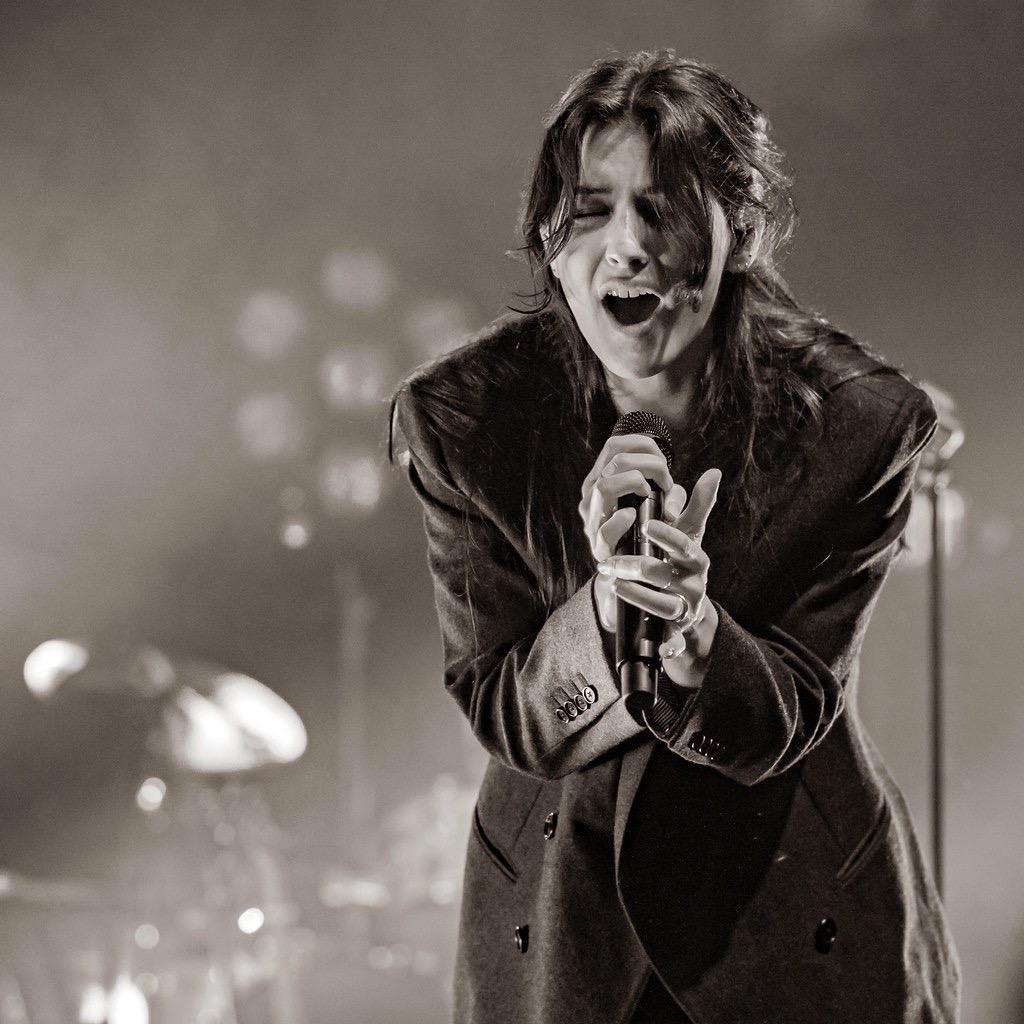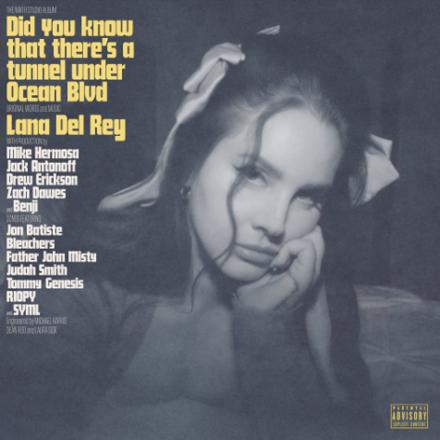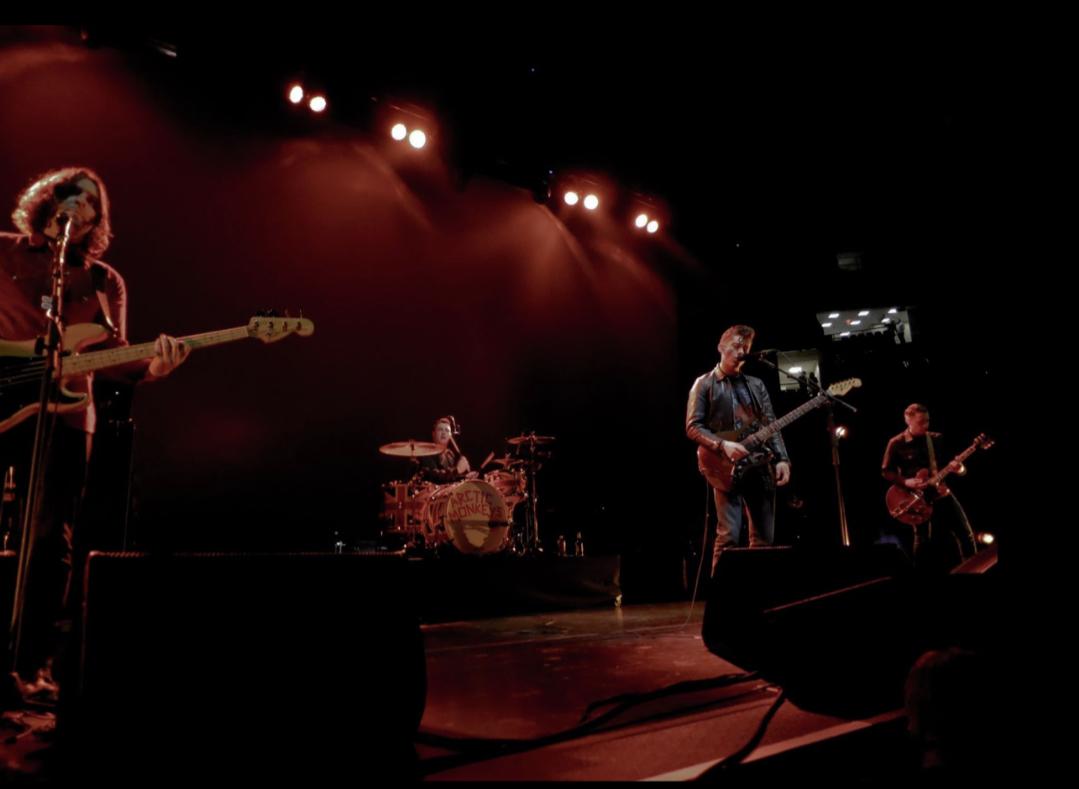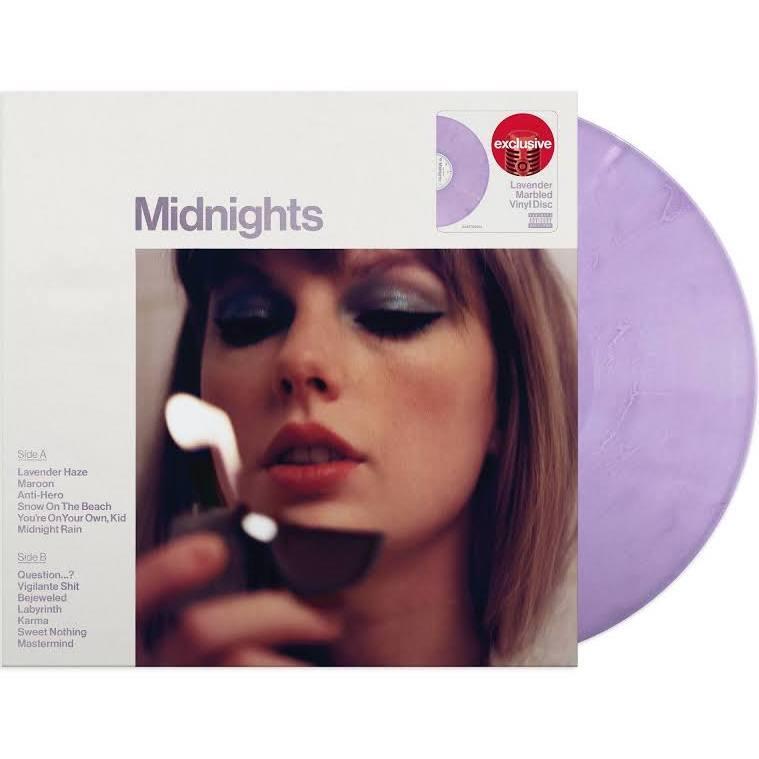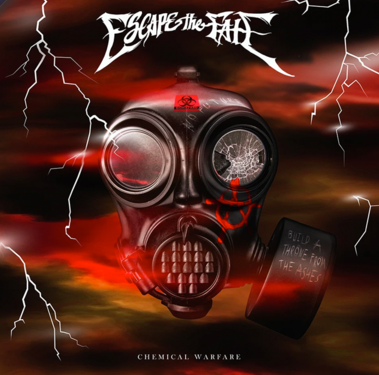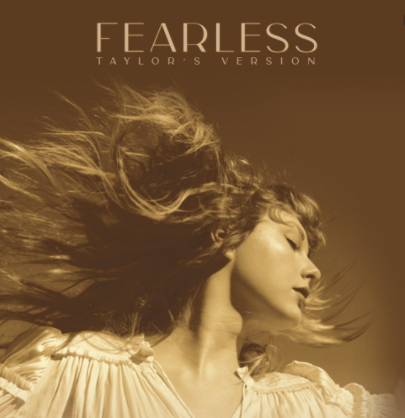“These are our drums.” This is how indie-pop band AJR’s latest album, “OK Orchestra,” begins. And it only gets better from there.
This album is the fourth album released by AJR, also known as Adam, Jack, and Ryan Met, a trio of brothers based in New York City who write and produce the majority of their music in their living room (“Living Room” also being the title of their first album). The band is known for their unique use of audio samples and quirky lyrics. AJR has an instantly recognizable sound, heard on previous albums “Living Room,” “The Click,” and “Neotheater,” that is certainly carried through on their most recent album.
The album begins with an overture (“OK Overture”), something that is very rarely heard (if at all) on pop albums. The overture resembles that of a golden age musical, complete with an orchestra–a direct contrast to their typical electronic samples–which are also on full display in the overture. The overture sets the tone for the album, leaving the listener almost expecting a curtain to rise and reveal a proscenium stage and larger-than-life Broadway set. And in a way it does.
The next song, “Bummerland,” which was released as a single in August 2020, introduces the setting for the “musical”: the COVID-19 pandemic. The album was written during the pandemic, and it seems only natural that a global crisis of that scale would seep into popular music. The song encompasses the feelings of the COVID pandemic in a hopeful manner. The chorus says: “Bummerland, here I am/ better nix my summer plans/ Bummerland, give a cheer/ ’cause you’re only going up from here.” Other songs on the album, most notably “3 O’Clock Things,” deal with current events. That song, in particular, references the Electoral College, the Trump presidency, and contains the iconic line, “if you’re f*****g racist, then don’t come to my show.” Yet again, AJR has managed to take well-known issues and ideas and turn them into quirky, relatable songs.
While the album doesn’t necessarily tell a cohesive story, the songs continue to tell moving stories, many of which come from the band member’s real life experiences. The album’s fourth song, “My Play,” tells the heartbreaking story of a child who just wants to show his parents his play that he worked “really really really really hard” on in the midst of his parent’s divorce. The emotion of the lyrics is reflected in the music. The song sounds overwhelming with overlapping instruments and tons of reverb that manages to give the song a sort of hazy, confusing feeling. Another song, “Joe,” is about Joe, a person that one of the band members, Ryan Met, went to school with. The song’s narrator used to think that Joe was so cool and desperately wants to impress him now that he has grown up and become a successful musician. In a demonstration of AJR’s musical eccentricities, “Joe” features recorder and beatboxing. The final song on the album, “Christmas in June,” follows the thought process of a touring musician trying to find a way to spend time with his significant other, while also trying to further his career. The song’s narrator tells stories about missing specific romantic milestones (New Year’s Eve, Valentine’s Day, prom) while on tour. “Christmas in June” ends with the narrator worrying about potentially missing his son’s birth and desperately pleading for the child to be born in June, a month when he is not on tour. The song’s melody sounds like the biological child of “Singing in the Rain” and a sample machine in the best possible way.
My personal favorite song is called “World’s Smallest Violin.” The phrase, “world’s smallest violin,” is defined by Urban Dictionary as “when someone is whining and you are tired of hearing it, you can play the world’s smallest violin to provide musical ambiance to dramatize their annoying whine.” The song questions whether or not one can feel bad about their lives while “somewhere, someone’s got it worse.” The song’s narrator compares himself to his World War II veteran grandfather and firefighter great-grandfather, feeling like he has so much to prove as a musician who “can’t even finish school.” He knows that his problems are not of the same caliber as those faced by others, but can’t stop feeling sad. The song raises the question, through a Dixieland jazz style melody that is only missing a row of dancers doing the charleston: can two things of different severities be sad?
My only complaint about the album is that there seem to be a significant number of references to how hard it is to be famous. While I don’t doubt that this is true, I found it very annoying that they would continue to complain about how great their lives are. It seems a bit out of character for AJR, the band behind “I’m Not Famous,” a song about how they are not famous, to constantly bring up their fame, with multiple references to how many shows they’ve played across the world (they reference travelling to and playing shows in Germany, Belarus, New Orleans, and Las Vegas in four separate songs) and a whole song devoted to the idea of maintaining public image (“Humpty Dumpty”). The most irritating to me was “Ordinaryish People,” which feels to me like the band is just moping about how difficult it is to be “somebody,” rather than “nobody.” The song outright states that they haven’t had any fun since they got famous. I initially had high hopes for this song because Blue Man Group is featured on it (!), but overall the song just feels like a bunch of complaints with some really good percussion. But even in “I’m Not Famous” they bring up the idea that being famous is difficult, the chorus directly says that the “best thing about my life is I’m not famous, no.”
Overall, “OK Orchestra” will jerk your heart around faster than you can say “Bang!” With songs ranging from the truly heartbreaking “My Play” (make sure you have a tissue on hand for that one…), to the upbeat “Adventure is Out There,” about a lost pair of socks, to the bittersweet “Way Less Sad,” a song about being not quite sad, but also not happy, the album packs a punch emotionally. Despite the emotional rollercoaster, each song seems to reach a satisfying conclusion and offer a new perspective in a uniquely AJR-ish way. Also, Blue Man Group is featured on the album. If that’s not a reason to listen, I don’t know what is. To quote “Bummerland,” AJR is “only going up from here.”





























